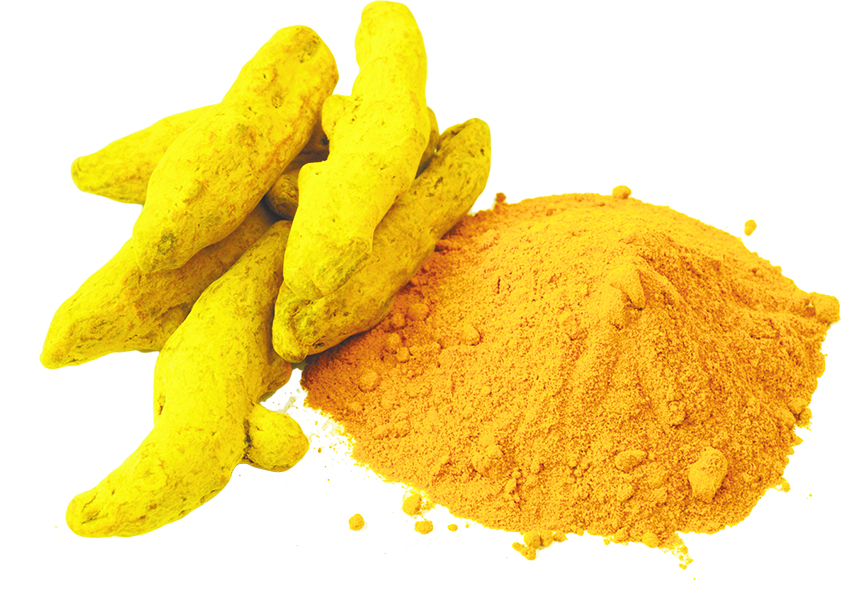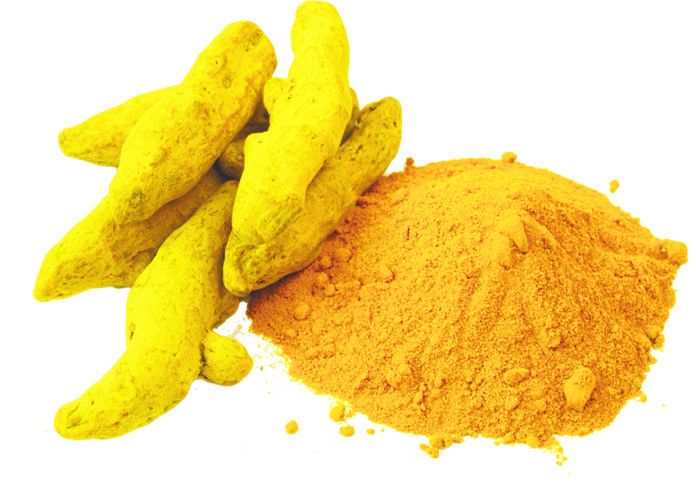A common Asian spice continues to intrigue scientists with its possible health benefits. Turmeric, most familiar to Americans from its use in curry powder, gets its distinctive yellow-orange color from a natural pigment called curcumin. Previous research has suggested curcumin might have benefits ranging from restricting the growth of blood vessels that feed tumors to reduc-ing the inflammation associated with arthritis. Most recently, a randomized clinical trial found curcumin reduced the risk of progression from prediabetes to type-2 diabetes (see the November 2012 Health & Nutrition Letter).

Now another clinical trial has shown curcumin has an effect similar to that of aerobic exercise on improving blood-ves-sel activity. Japanese scientists, publish-ing their findings in Nutrition Research, reported, Regular ingestion of curcumin could be a preventive measure against cardiovascular disease in postmeno-pausal women. Furthermore, our results suggest that curcumin may be a potential alternative… for patients who are unable to exercise.”
The possible blood-vessel benefits of curcumin are no surprise to Mohsen Meydani, DVM, PhD, director of Tufts HNRCA Vascular Biology Labora-tory, who has been investigating the spice compound as a possible weapon against athero-sclerosis, so-called hardening of the arteries. “Its amaz-ing,” Meydani says, “to see some of the answers for our problems are present in nature.”
Meydani believes curcumin may suppress the production of a protein that binds fat molecules to vascular tissues. Hes tested that theory in cells and is now studying whether curcumin can help prevent ath-erosclerosis in mice fed a high-fat diet.
BLOOD-VESSEL BOOST: In the new Japa-nese study, researchers divided 32 post-menopausal women into three groups: One received 25 milligrams daily of a curcumin supplement, a second group was assigned to an aerobic-exercise regimen, and the third served as a control. After eight weeks, the wom-ens vascular activity was measured by flow-mediated dilation, a standard test of endothelial function (the lining of blood vessels).
Those in the curcumin and exercise groups both saw significant increases in average flow-mediated dilation, while the control group showed no improve-ment. A recent study of flow-mediated dilation as a marker for vascular health reported that a 1% difference was as-sociated with a 12% change in risk of adverse cardiovascular events.The Japanese researchers could not determine the mechanism by which curcumin affects blood-vessel activ-ity. They noted, however, that curcumin has anti-inflammatory and anti-oxida-tive properties, which could affect blood vessels.
No one is suggesting, based on these findings, that you give up exercise and eat curry instead. But a little extra turmeric in your diet might provide a healthy boost for your blood vessels, just in case.
























